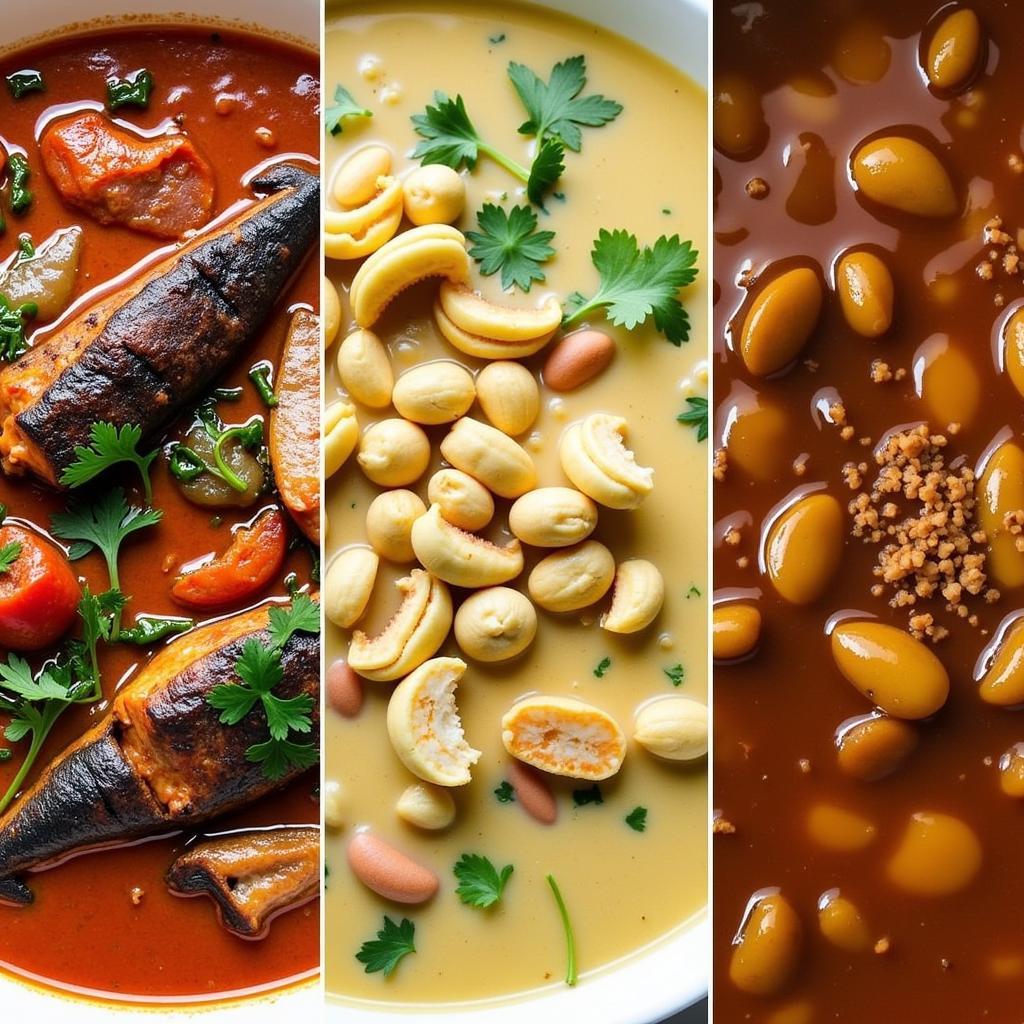Understanding the Complexities of Female Genital Mutilation in Africa
Female genital mutilation (FGM), also known as female circumcision, is a deeply rooted cultural practice in some parts of Africa. This act involves the partial or total removal of external female genitalia for non-medical reasons. While the term “African Genital Mutilation Photos” might be searched for out of curiosity or for research purposes, it is crucial to approach this topic with sensitivity and respect for the women and girls affected. Sharing graphic images is unethical and exploitative, and this article aims to provide information without resorting to such content.
The Prevalence and Types of FGM in Africa
FGM is most prevalent in Africa, with significant concentrations in 29 countries across the continent. The practice transcends religion and socioeconomic status, although its prevalence varies significantly between and within countries.
There are four major types of FGM:
- Clitoridectomy: This involves the partial or total removal of the clitoris.
- Excision: This involves the partial or total removal of the clitoris and the labia minora (the inner folds of the vulva).
- Infibulation: This is the most severe form, involving the narrowing of the vaginal opening by creating a covering seal. This is typically done by cutting and repositioning the labia minora or majora (the outer folds of the vulva).
- Other: This category encompasses all other harmful procedures to the female genitalia for non-medical reasons, such as pricking, piercing, incising, scraping, and cauterizing.
Reasons Behind the Continuation of FGM
The reasons behind the continuation of FGM are complex and multifaceted, often intertwined with cultural, social, and religious beliefs.
- Gender Inequality: In many societies where FGM is practiced, it is seen as a way to control women’s sexuality and ensure their virginity before marriage.
- Social Acceptance: FGM is often viewed as a rite of passage into womanhood, and girls who do not undergo it may face social exclusion or difficulty finding a husband.
- Cultural Beliefs: Some communities associate FGM with cleanliness, purity, and beauty.
- Religious Misinterpretations: While no major religion explicitly mandates FGM, some individuals believe it to be a religious requirement.
The Devastating Health Consequences of FGM
FGM has no health benefits and can cause severe short-term and long-term physical and psychological complications.
- Immediate Risks: Severe pain, excessive bleeding, infection, urinary problems, and even death are immediate risks associated with FGM.
- Long-term Complications: Chronic pain, recurrent urinary tract infections, complications during childbirth, infertility, and psychological trauma are among the long-term health consequences.
It’s crucial to remember that every girl has the right to live a healthy life free from violence and harmful practices.
Global Efforts to End FGM
Recognizing the severity of FGM, numerous international organizations, governments, and local communities are working tirelessly to eradicate this human rights violation.
- Legislation and Policies: Many countries have enacted laws criminalizing FGM and are implementing policies to protect girls at risk.
- Community Engagement: Engaging with religious leaders, elders, and community members to challenge the social norms that perpetuate FGM is crucial for changing attitudes and behaviors.
- Empowerment of Women: Empowering women and girls through education and access to information enables them to make informed decisions about their bodies and advocate for their rights.
A Future Free from FGM
Ending FGM requires a comprehensive approach that addresses the root causes and provides support to those affected. While the road to eradication is long and challenging, collective efforts focusing on education, advocacy, and empowerment offer hope for a future where every girl can grow up free from this harmful practice. If you or someone you know needs help or information regarding FGM, please reach out. You can contact us at Phone Number: +255768904061, Email: kaka.mag@gmail.com, or visit us at Mbarali DC Mawindi, Kangaga, Tanzania. We have a dedicated support team available 24/7 to assist you.


